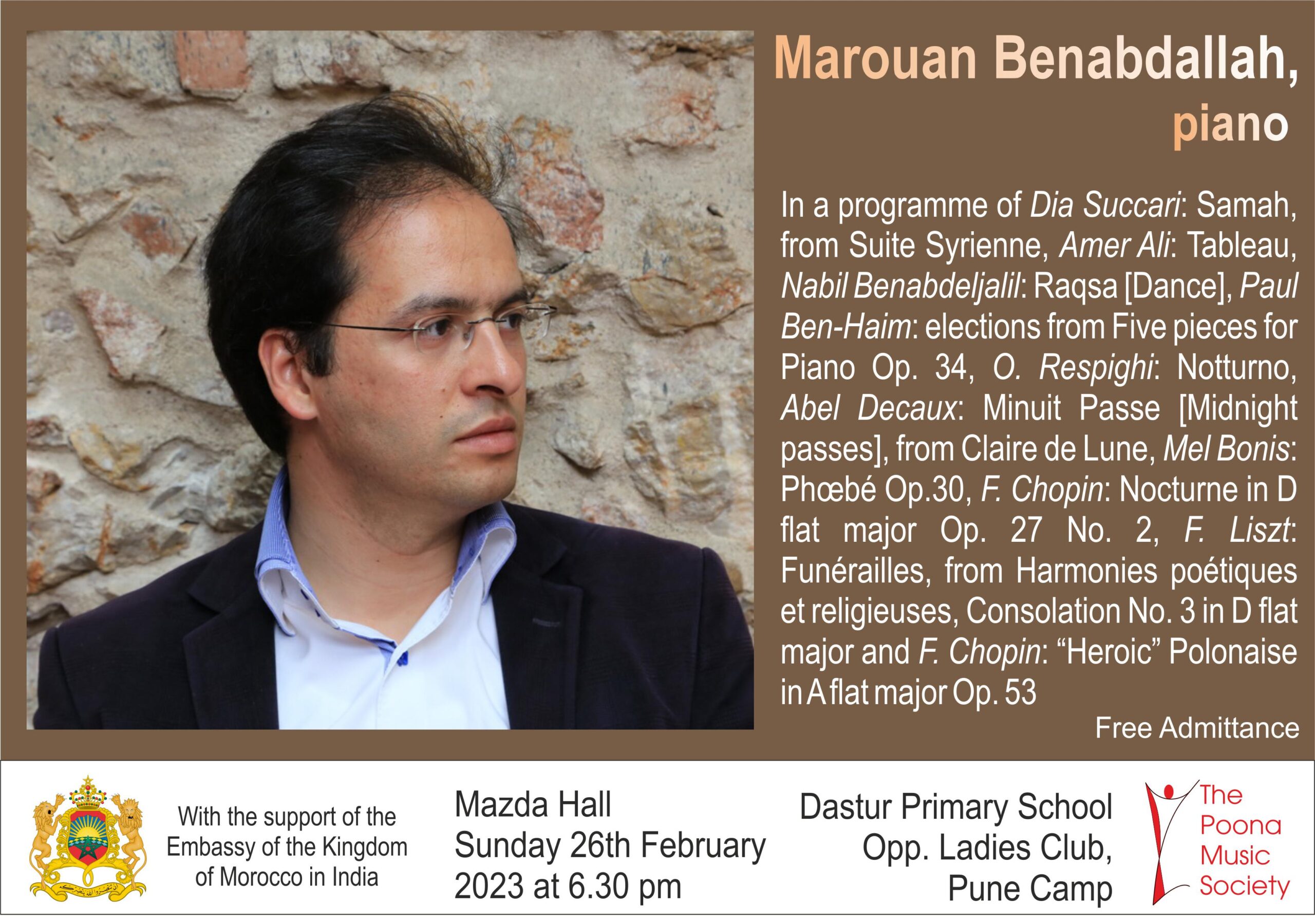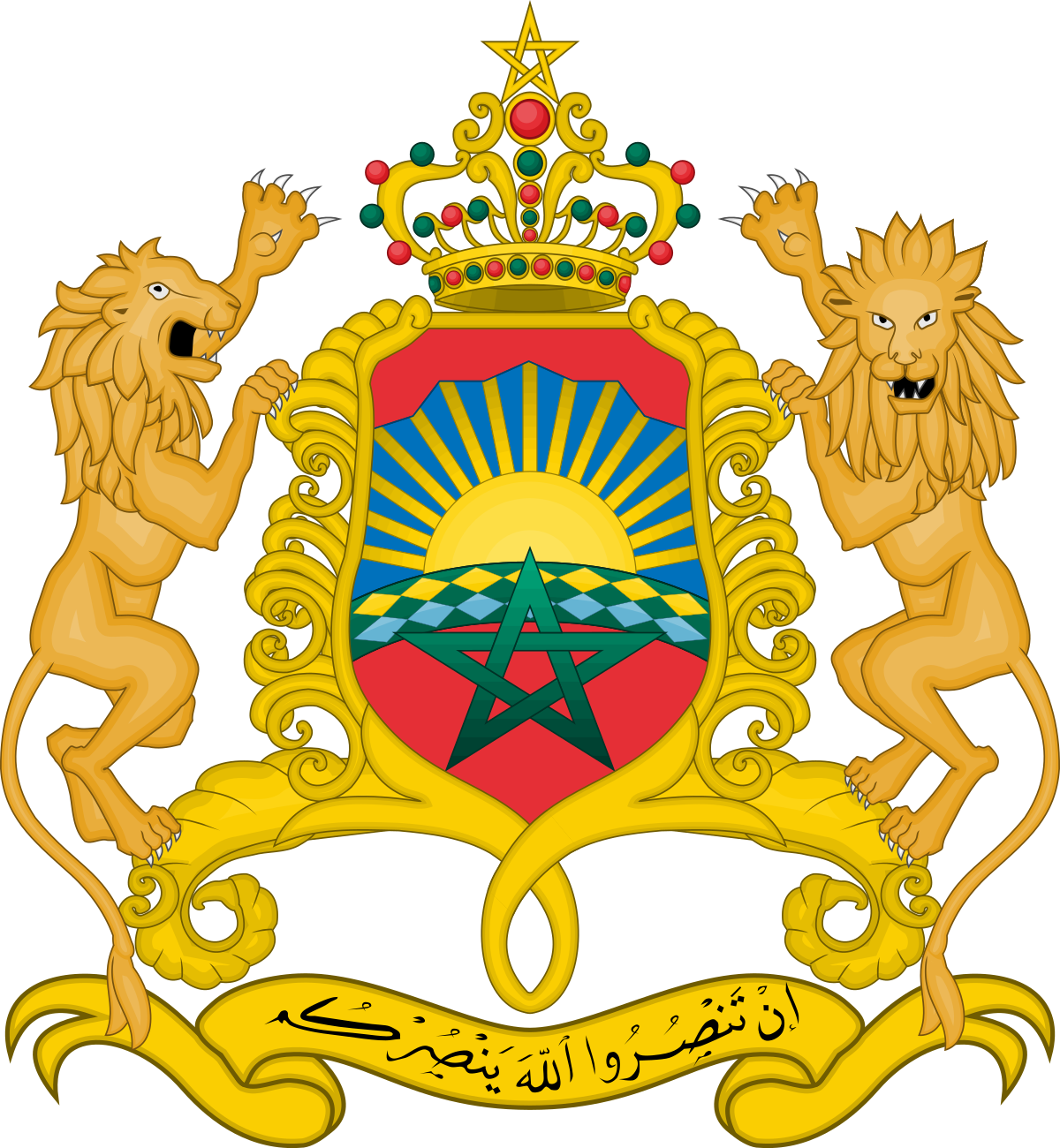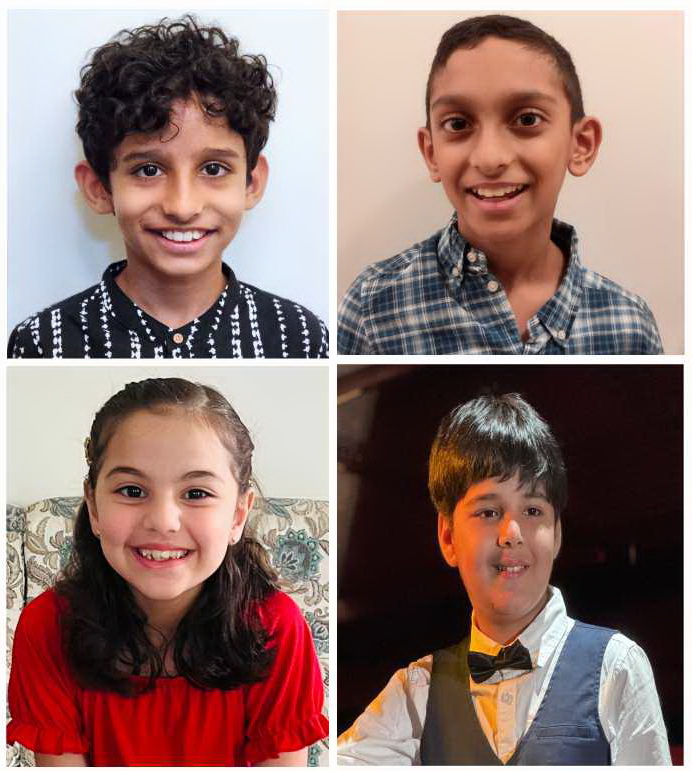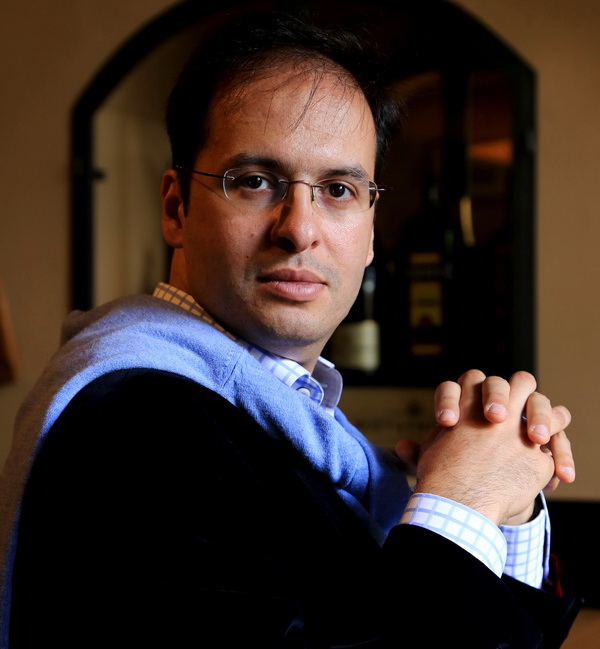
In a programme of Dia Succari: Samah, from Suite Syrienne, Amer Ali: Tableau, Nabil Benabdeljalil: Raqsa [Dance], Paul Ben-Haim: elections from Five pieces for Piano Op. 34, O. Respighi: Notturno, Abel Decaux: Minuit Passe [Midnight passes], from Claire de Lune, Mel Bonis: Phœbé Op. 30, F. Chopin: Nocturne in D flat major Op. 27 No. 2, F. Liszt: Funérailles, from Harmonies poétiques et religieuses, Consolation No. 3 in D flat major and F. Chopin: “Heroic” Polonaise in A flat major Op. 53
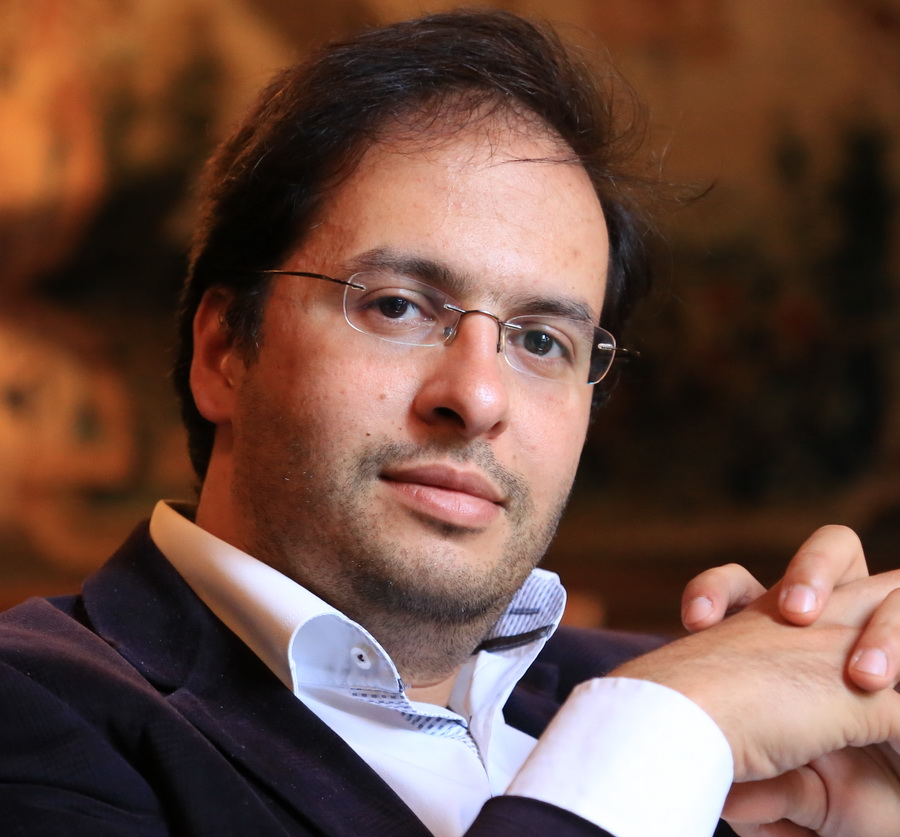 Acclaimed pianist Marouan Benabdallah is indisputably the leading representative of his native Morocco on the international concert stage. With a musical heritage deeply rooted in the Hungarian tradition, Marouan Benabdallah received his formal training at the Béla Bartók Conservatory and the Franz Liszt Academy in Budapest, Hungary.
Acclaimed pianist Marouan Benabdallah is indisputably the leading representative of his native Morocco on the international concert stage. With a musical heritage deeply rooted in the Hungarian tradition, Marouan Benabdallah received his formal training at the Béla Bartók Conservatory and the Franz Liszt Academy in Budapest, Hungary.
He first attracted international attention in 2003, following his triumphs at the Hungarian Radio Piano Competition and the Andorra Grand Prize. More recently, he was a prizewinner at the Hilton Head Piano Competition (US) and the Arthur Rubinstein Master Competition where the local media proclaimed his playing “miraculous” (Maariv).
Marouan Benabdallah has been praised for his “stunning natural virtuosity” (Nice-Matin), “delicate stylishness” (Cleveland Plain Dealer), “compelling sense of momentum” (Washington Post) and “resourceful pianism, lyrical instincts and thoughtfulness” (New York Times). He has been invited as guest soloist by numerous orchestras in Europe, Asia, Africa and America, and has collaborated with conductors such as Lorin Maazel, Zoltan Kocsis, Iván Fischer, Renato Palumbo, Tan Lihua and others.
He has performed on stages such as the Great Hall of the Franz Liszt Music Academy and the Palace of Arts in Budapest, the Salle Cortot in Paris, the Laeiszhalle in Hamburg, the Forbidden City Concert Hall in Beijing, the Oriental Art Centre in Shanghai, the Teatro Communale di Bologna, the Teatro Colon in Buenos Aires, the Maison Symphonique in Montreal, the National Center for the Performing Arts in Bombay, the Cairo Opera House, Carnegie Hall in New York, the Kennedy Center in Washington, the Amsterdam Concertgebouw, the Queen Elizabeth Hall.
In 2014, he initiated the Arabæsque Music Project researching and presenting classical composers from the Arab world on the international concert stage.
A Note on the Programme by Marouan Benabdallah
I am very much looking forward to returning to Pune, and to India in general, after a forced life-changing halt of 3 years, and present a programme I conceived with great care.
In the first half, I will be playing, similarly as in the last 3-4 concerts, some discoveries from my exciting exploration of the music from the Arab world — and beyond: Two Syrian (Dia Succari and Amer Ali), a Moroccan (Nabil Benabdaljalil) and an Israeli composer (Paul Ben-Haim). These pieces are all part of my programme I am performing at Wigmore Hall debut recital in London in April. An other interesting fact: In 2011, I received the prize for the best interpretation of Ben-Haim’s Five Piano Pieces op.34 at the Arthur Rubinstein Competition in Tel-Aviv and it is very exciting to work after so many years on these pieces that blend Oriental and European motivic patterns.
The second half of the programme will begin with music inspired by the night. First, Respighi’s sweet and dreamy Notturno, followed by “Minuit passe” [Midnight passes] by Abel Decaux (1869-1943), the first movement of a cycle of 4 “Clairs de Lune”-s — perhaps the most realistic musical depiction of the night composed before Bartók’s Night Music [Out Doors cycle].
Women composers have started to become more and more popular thanks to an effort to bring them out of the shadows. Among them, Nadia and Lili Boulanger, Amy Beach, Mel Bonis, Cécile Chaminade and many others.
Mel Bonis (1858-1937) composed several pieces — released as a cycle by the publisher — inspired by mythological heroines like Salome, Desdemona, Melisande or Phœbe. The latter, a Titan in Greek mythology, was identified with the moon. She inspired a quite unusual and thought-provoking piece displaying fascinating harmonic modulations and a constant tonal ambiguity that creates a strange sense of weightlessness.
This leads us to Chopin’s Nocturne in D flat major, a piece that brings me lively memories of the late Noel Flores teaching it during a masterclass I attended 20 years ago near Vienna.
Liszt composed his 3rd consolation in the same key (D flat major), obviously as a response to Chopin’s masterpiece, and we can notice the same kind of correspondence between Liszt’s Funérailles and Chopin’s Heroic Polonaise that will conclude the recital.
I am preparing this concert with much enthusiasm and I do hope that many of you will join us on February 26!
